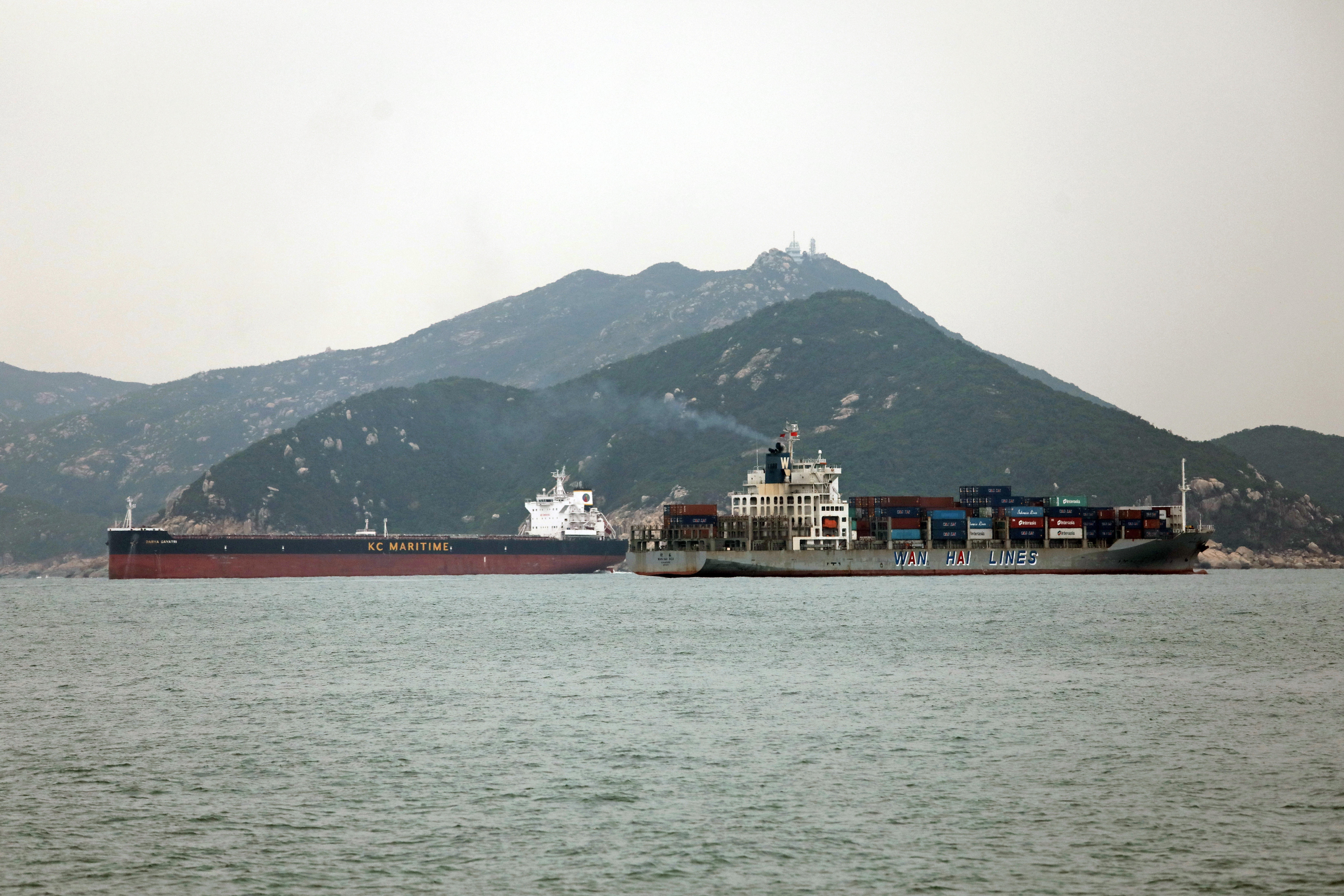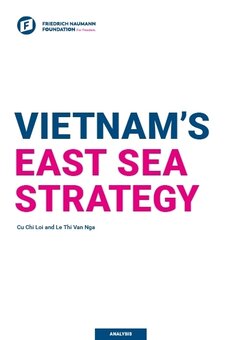Vietnam
Vietnam's East Sea Strategy - Balancing Sovereignty and Stability

Containerschiffe im Suedchinesischen Meer
© picture alliance / Caro | SorgeThe South China Sea, also known as the East Sea in Vietnam, is a critical region surrounded by multiple countries, including China. The focus on this territory has intensified, particularly due to China's expansive claim known as the Nine-Dash Line, encompassing 90% of the waters and challenging the sovereignty of neighbouring countries. Vietnam faces significant challenges due to these claims. To counteract this, Vietnam has devised a strategic plan to uphold its sovereignty in accordance with the United Nations Convention on the Law of the Sea (UNCLOS) while concurrently fostering peace.
Vietnam boasts an extensive coastline, offering a vast maritime area three times larger than its land territory, holding substantial economic potential. However, China's aggressive actions impede Vietnamese economic activities in its own territorial waters, creating substantial obstacles.
The conflict extends to the Paracel and Spratly Islands, historically belonging to Vietnam but forcibly occupied by China. China's claims surpass UNCLOS provisions, hindering economic ventures as well as Vietnamese fishermen and enterprises.
While Vietnam endeavours to navigate this complex situation, disputes with other countries in the region are less intense. Cooperative efforts and negotiations are sought to maintain stability and peacefully resolve differences. However, China's assertiveness in the region raises global concerns, prompting Vietnam to seek support from significant nations like Germany and the EU.
Vietnam's diplomatic strategy aims to maintain cooperation and resolve against China while forging alliances with other global actors to counter territorial claims. It encourages the EU and Germany to become more involved in East Asian affairs, intensify their resistance against China's claims, and develop a strategy for the Indo-Pacific.
Regarding maritime security, Vietnam welcomes the EU's support in bolstering maritime capabilities in East Asia. The prosperity of ASEAN economies, including Vietnam's, is deemed crucial for overall security and maritime stability in the region.
In addition to economic and military cooperation, Vietnam seeks closer collaboration with EU countries, especially Germany, in areas like digital transformation, green economy, and the implementation of agreements such as the EVFTA.
Overall, the conflict in the East Sea underscores the necessity for Vietnam to diplomatically and strategically balance alliances and address complex territorial claims to safeguard its sovereignty and promote regional stability.
Read our analysis on Vietnam's East Sea Strategy for insights into background, historical developments, and Vietnam's perspective on regional security.
